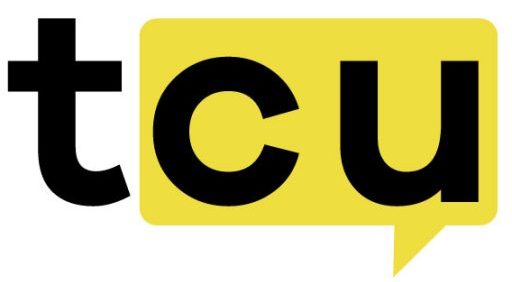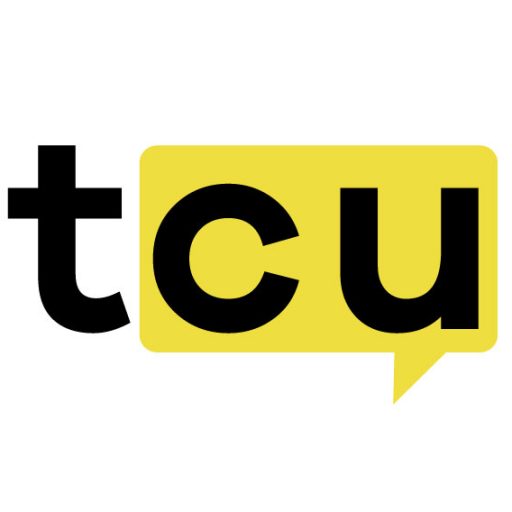The Paper Problem and Digital Leapfrogging
Corey Billington, CEO of asset-tokenization firm Blubird, thinks developing countries might actually have an advantage when it comes to adopting blockchain technology. It sounds counterintuitive, but here’s why: many of these nations are still running critical systems on paper. Land titles, company registries, legal documents—they’re all physical, which makes them slow, vulnerable to forgery, and difficult to verify.
Billington explains that while first-world countries have digital systems, they’re often outdated and fragmented. Developing nations, on the other hand, can skip that entire legacy phase and jump straight to distributed ledger technology. It’s like how some countries went from no phones directly to mobile networks, bypassing landlines altogether.
Registry-Level Transformation
Right now, Blubird is working with a Caribbean nation to tokenize its entire land title registry. Not individual properties, but the registry itself—the source of truth for who owns what. The problems there are serious: document forgeries, squatter disputes, and ownership conflicts that can’t be resolved because the paperwork can’t be trusted.
Putting the registry on-chain changes everything. It becomes the single source of truth that’s transparent and verifiable. But this isn’t just about land titles—it requires building an entire digital infrastructure around it. Citizens need digital wallets to hold their assets, digital IDs for verification, and secure systems to manage everything.
What’s interesting is that major companies are pushing for these changes too. They’re dealing with the same fraudulent documents and unreliable systems, and they don’t want to invest in infrastructure that will be obsolete in five years. One company has already committed billions to similar development projects in the region.
Practical Benefits and Real-World Impact
The benefits are pretty straightforward. Speed and cost reduction come first. Audits become faster because data trails are transparent and verifiable. You don’t need manual legal verification at every step—the contract logic executes automatically, and the data is cryptographically secured.
Cost savings come from cutting out intermediaries. Notaries, lawyers, document processors—many of these roles become less necessary when you have government-issued digital wallets tied to verified identities. Your wallet signature proves who you are, eliminating hours of paperwork and verification processes.
Billington gives the example of buying a house. Normally, you’d need a notary to validate your ID, lawyers for document checks, and multiple intermediaries. With a digital system, you just sign the transaction. The whole verification layer disappears because the trust is built into the system.
Security and Privacy Considerations
Of course, there are security concerns. Smart contract risk is inevitable—bugs, exploits, future threats like quantum computing. But Billington notes that these registry systems use simpler, locked-down contracts rather than complex financial protocols. The bigger risk remains social engineering, but multi-signature systems make it much harder for any single person to compromise the system.
Privacy gets handled through layered approaches. The base blockchain is public, but sensitive data sits in metadata layers that require multiple keys to access. Medical records might need both the individual’s key and the healthcare provider’s key. Financial records work similarly—access is gated and requires consent from both parties.
What’s Driving Adoption
Governments are more open to this technology than most people realize. The drivers are clear: fighting corruption, reducing fraud, and improving transparency. Some countries are actively cleaning up their systems but face deep-rooted issues like forged documents and hidden registries. Blockchain removes the hiding places.
Cost is another major factor. A blockchain-based registry isn’t just better—it’s cheaper to maintain than paper systems or outdated digital infrastructure. For nations trying to modernize quickly, that financial consideration matters.
Billington thinks first-world countries are watching these experiments carefully. They’re comfortable with their broken systems for now, waiting for smaller nations to test everything out and work through the bugs. Once the model is proven and replicable, they’ll likely adopt it too—but by then, the developing nations might already be years ahead.
![]()


